When beginning the journey toward sobriety, one of the most common recommendations is to attend a peer support group. Two of the most well-known and widely available are Alcoholics Anonymous (AA) and Narcotics Anonymous (NA). Both groups offer valuable community support and follow a 12-step framework—but they aren’t identical. Understanding the difference between AA and NA can help individuals choose the support system that aligns best with their personal recovery goals.
At Liberty House Recovery Center, we recognize that recovery is not a one-size-fits-all approach. Whether you’re overcoming alcohol dependency, drug addiction, or both, finding the right resources can make a major difference in your success. If you’re wondering which support group might be a better fit—or whether you can attend both—this guide will walk you through the key differences and similarities between AA and NA.
What Are AA and NA?
Alcoholics Anonymous (AA) was founded in 1935 and is one of the oldest and most established recovery support organizations in the world. It was created to help individuals struggling with alcohol use achieve and maintain sobriety through fellowship, shared experience, and spiritual growth. The group follows the well-known 12-step model, emphasizing personal responsibility, a belief in a higher power (however one defines it), and helping others in recovery.
Narcotics Anonymous (NA) was founded in 1953 and was inspired by the AA model. It was developed to serve individuals who struggle with drug addiction, regardless of the substance. NA also uses a 12-step program but modifies some of the language and focus to be inclusive of all types of drug use, including prescription medication and other non-alcoholic substances.
The Difference Between AA and NA
While both groups are based on the 12-step philosophy, there are a few key distinctions. Understanding the difference between AA and NA can help clarify which group might resonate more with your personal experiences and needs.
1. Primary Focus and Substance Use
The most obvious difference between AA and NA is their primary focus. AA is centered specifically on alcohol addiction. Conversations, literature, and group experiences typically revolve around the challenges of alcohol use and sobriety. If alcohol is the main issue, AA provides targeted support.
NA, on the other hand, is designed for individuals recovering from drug addiction of any kind—heroin, cocaine, meth, prescription pills, and more. NA meetings often have a broader focus on addiction itself, regardless of the specific substance. People with polysubstance use or those recovering from drug use other than alcohol may find NA to be more relatable.
2. Language and Terminology
Another difference between AA and NA lies in the language each fellowship uses. In AA, members often refer to themselves as “alcoholics,” while in NA, the term “addict” is more commonly used. This shift in terminology reflects NA’s broader focus on drug use and inclusivity.
NA literature and meeting formats avoid naming specific drugs and instead use the term “addiction” to keep the message open to anyone struggling with substance use. AA literature specifically addresses alcohol, which can sometimes feel limiting to those dealing with multiple substance issues.
3. Meeting Format and Culture
Both AA and NA offer a range of meeting styles—from speaker meetings and discussion groups to step studies and newcomer sessions. However, there are some cultural nuances that distinguish AA from NA. NA meetings may place a stronger emphasis on acceptance and anonymity around the type of drug used, especially because of the stigma that often surrounds drug addiction.
The culture of NA is sometimes described as more inclusive of younger populations and those newer to sobriety, especially if drug use started early. AA meetings may vary in tone, often depending on the group’s location and structure, and can lean more toward traditional or spiritual formats.
4. Literature and Recovery Tools
AA’s foundational text is The Big Book, which includes personal recovery stories, reflections, and a breakdown of the 12 steps as they apply to alcoholism. NA uses its own primary text, The Basic Text, which reflects the same 12-step framework but addresses addiction and substance abuse more broadly.
Both offer extensive supplemental materials, including daily meditations, step work guides, and group reading formats. The difference between AA and NA literature mostly lies in the framing—alcohol-specific vs. addiction as a whole.
Can You Attend Both AA and NA?
Absolutely. Many people attend both AA and NA meetings, especially if they are working through issues related to both alcohol and drug use. Recovery isn’t about fitting into one mold—it’s about finding the tools and community that support your healing.
Some people start with one group and later explore the other, depending on how their needs evolve over time. Others maintain long-term participation in both fellowships, benefiting from the shared values and diverse perspectives.
Finding What Works for You
The most important thing to remember when evaluating the difference between AA and NA is that no group is better; only what works best for you. Recovery support is highly personal. It depends on your substance use history, comfort level, and what type of community helps you feel understood and motivated.
At Liberty House Recovery Center, we encourage clients to explore both options and integrate peer support into their overall recovery plans. Whether through AA, NA, or other recovery communities, connecting with others who understand your journey can be a powerful catalyst for change.
Start Your Recovery Journey at Liberty House Recovery Center
If you or a loved one is struggling with addiction, help is available—and healing is possible. At Liberty House Recovery Center, we provide personalized, evidence-based treatment for individuals battling substance use and co-occurring mental health conditions.
Whether you’re recovering from alcohol, drugs, or both, our programs are designed to support you every step of the way. From detox to aftercare planning, we’re here to offer the structure, compassion, and tools needed for lasting change.
Contact Liberty House Recovery Center today to learn more about our addiction recovery programs in Michigan. Let us help you take the first step toward a brighter, substance-free future—your path to recovery starts here.


